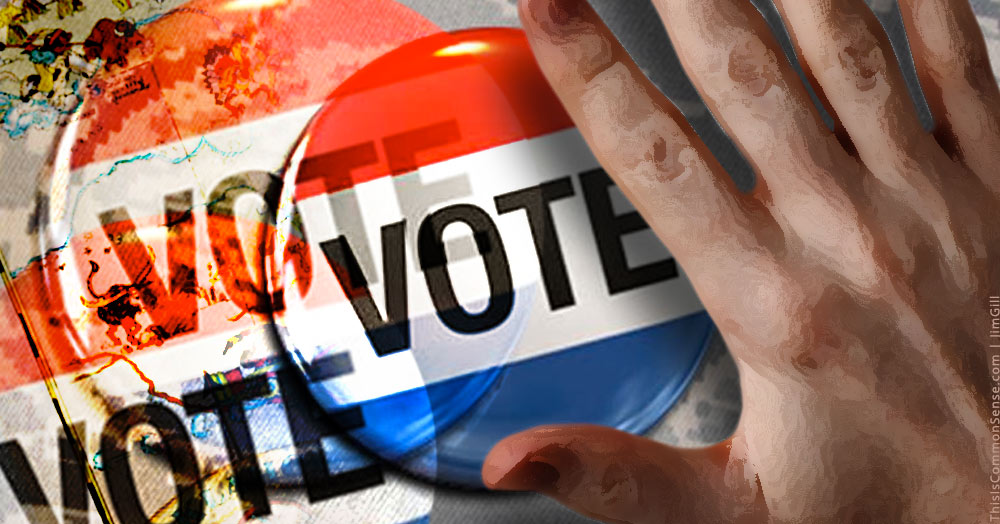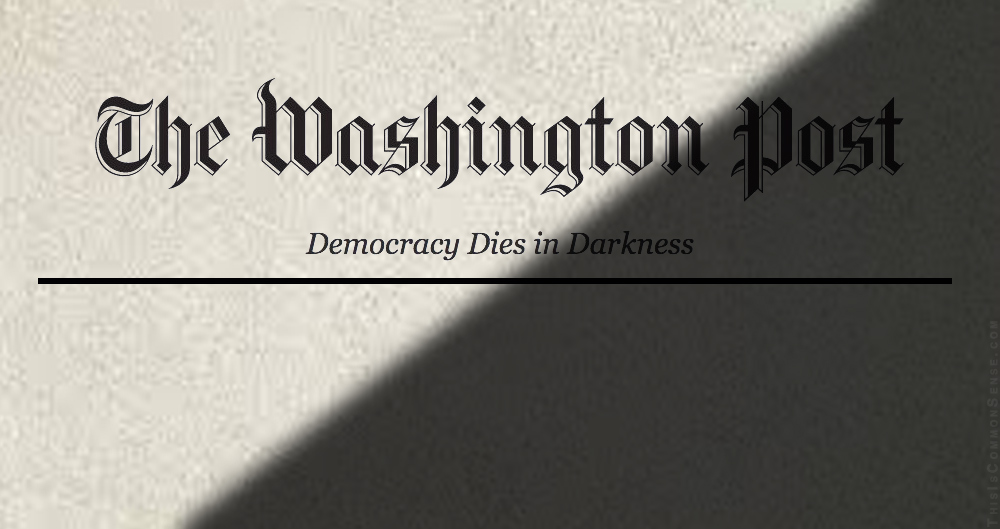You are a state legislator, say. And an issue could be placed on the ballot on which a majority of your state’s citizens might not vote according to your preference. What would you do?
- Educate your fellow citizens on the merits of your position; or
- Dawdle while calling a lobbyist for advice; or
- Change the constitution to make it impossible for such a vote to ever be held?
State Rep. John Enns chose option C — perhaps after exhausting B. Stamping out Oklahoma’s ballot initiative process, freeing Enns and other legislators from this citizen check at the ballot box, is the essence of his House Bill 1603.
The Sooner State already possessed the toughest petition requirements in the country. Supporters must gain the country’s highest percentage of voter support (15 percent) while limited to the second shortest time period (90 days) to circulate petitions.
On top of this current statewide slog, Enns’ constitutional amendment would require also qualifying in every single county. Oklahoma has 77 counties.
As the Tulsa World editorialized, “he wants to make it impossible.”
What lousy rationale lies behind Enns’ desire to destroy democratic governance?
In response to another legislator’s query about his “fear that some marijuana bill will … become a state [ballot] question,” Enns claimed his effort was “not pre-emptive.” But he acknowledged his strong opposition to legalizing recreational marijuana, which he pointed out “had been done through initiative petition” in other states.
Enns is afraid of Oklahoma voters having their say. He should be.*
This is Common Sense. I’m Paul Jacob.
* I mean, of course, that Rep. Enns should fear being booted out of office on his keister. He should not have to fear physical reprisal. The Tulsa World reports that the Oklahoma Highway Patrol is now providing security to Enns, after a death threat was received related to his HB 1603.











